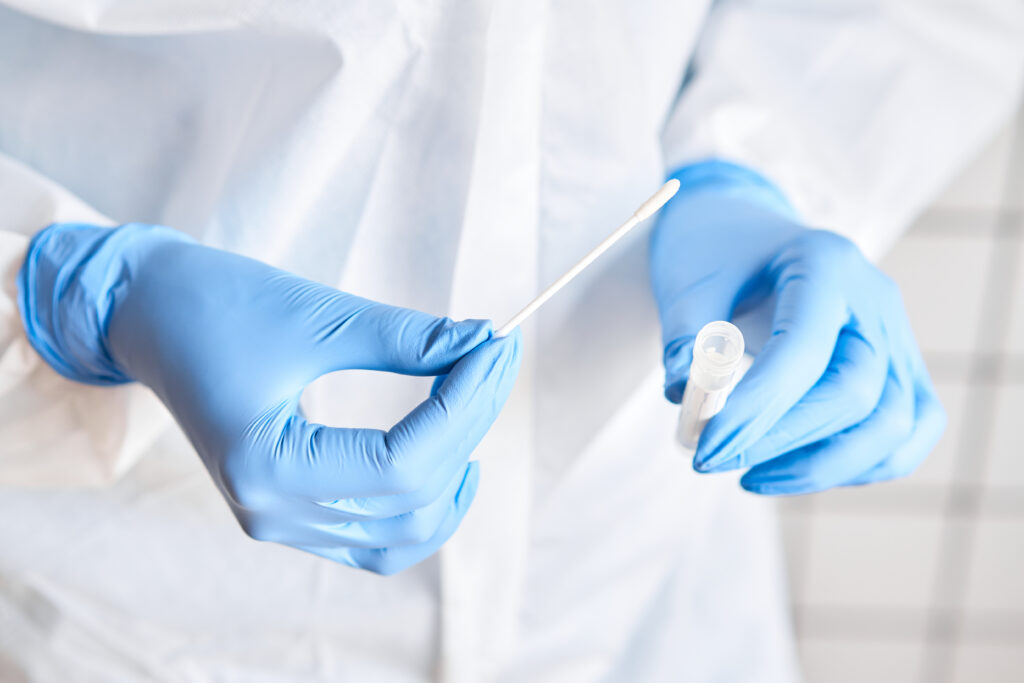A simple two-minute cheek-swab test could identify children at risk of a potentially fatal heart condition years before traditional diagnosis methods, researchers have revealed.
The condition, arrhythmogenic cardiomyopathy (ACM), is genetic and accounts for over 10% of sudden cardiac deaths in children. It arises from abnormalities in the proteins between heart cells, disrupting both the structure and electrical activity of the heart. Often, it develops silently and can strike without warning.
Scientists from Great Ormond Street Hospital and St George’s, University of London discovered that the same protein abnormalities can be detected in the cells lining the cheeks. This led to the development of a quick, non-invasive test capable of spotting ACM up to five years earlier than conventional methods.
In a trial involving 51 children with a known genetic risk, cheek swabs were taken every three to six months over seven years. Ten participants eventually developed ACM, and eight of these were flagged by the swabs before other tests detected the condition. A separate group of 21 children with no known risk also showed abnormalities in five cases.
Dr. Angeliki Asimaki, a cardiac morphology expert at St George’s, described the test as “risk-free and non-invasive” and noted its potential to save lives by allowing timely intervention. Researchers are now developing home test kits, enabling children to take the swab themselves and post it to labs for analysis.
Symptoms of ACM can include heart palpitations, fainting, breathlessness, abnormal heart rhythms, and swelling in the stomach, legs, or ankles. In the UK, around 1 in 10,000 people are affected by the condition.
Dr. Sonya Babu-Narayan, clinical director of the British Heart Foundation, said the test could provide early detection for at-risk children while offering reassurance to those with normal results. She added: “This kind of simple, pain-free cheek swab test could identify children in the early stages of ACM who need extra care, or provide reassurance to at-risk children and their families with normal test results.”
The development of this cheek-swab test represents a significant step toward preventing sudden cardiac deaths in children through early, non-invasive screening.


